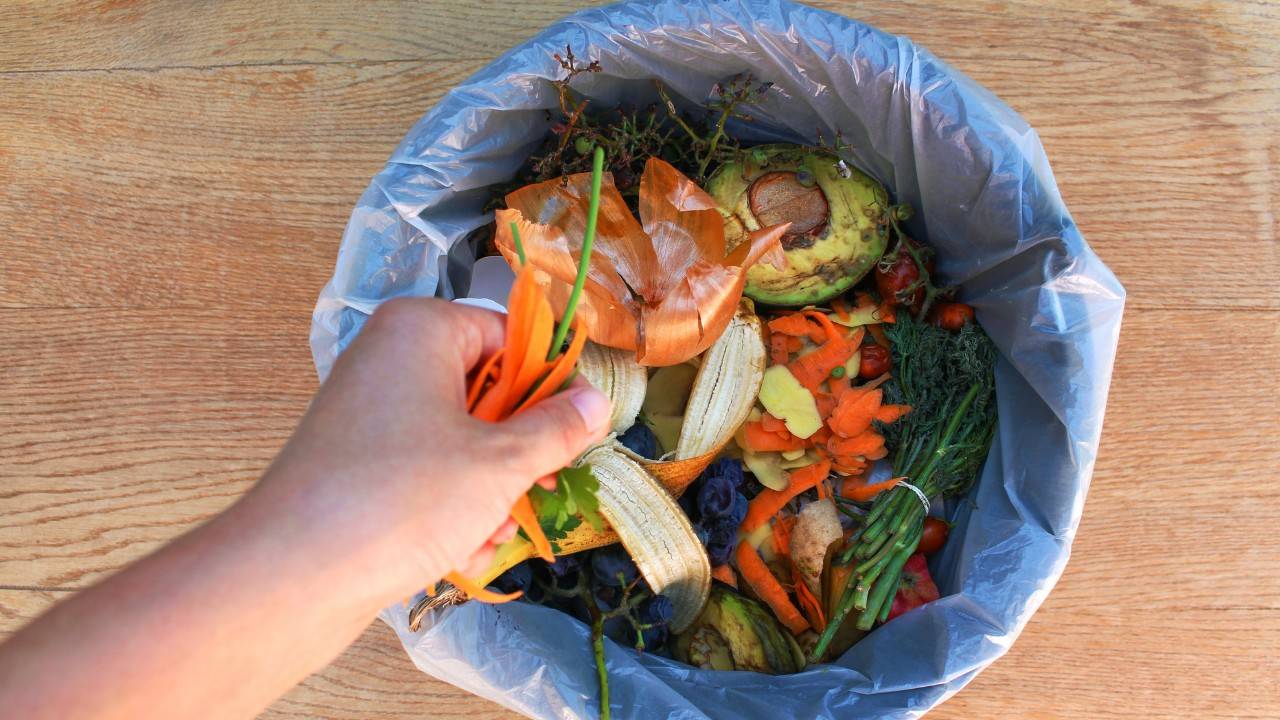Identifying, weighing, and recording the leftover amount of greens toppings, and dressings that qualify as food waste at the end of each day is a big hassle even for well-managed food establishments, but food waste is en even bigger problem for the planet.
Luc Dang, CEO of Phood thinks he has a solution for both.
Their main product is called PhoodX — a combination scale and camera that uses AI and advanced analytics to reduce the time needed to record data on leftovers.
GreenBiz reports that the system then uses the information to suggest changes within foodservice operations, aimed at reducing food waste.
“The technology is most appropriate in places where items are sold by weight, such as dining halls or the prepared food sections of grocery stores. The Phood system is integrated directly with the inventory system so it can use the data to calculate waste compared to the sold volume. Phood’s devices have been used in dining halls at Yale and Rhode Island School of Design.”
According to Dang, Phood can reduce food waste by 50 percent while saving the kitchen staff time. The company claims that the algorithm is trained using millions of food items recognized by Amazon Rekognition and Google Cloud Vision, and can identify the food type with 98 percent accuracy in two to three seconds.


